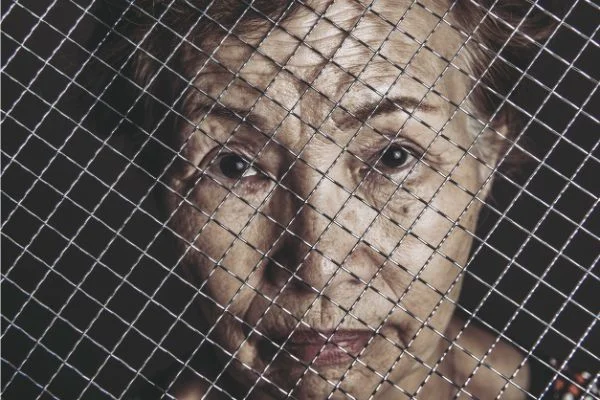Handling Dementia in Prison

Dementia in prison is a rapidly growing problem that most prisons are not equipped to handle. The increasing population of inmates over the age of 65 has led to unique challenges in the prison system. It is estimated that 20% of inmates over the age of 50 suffer from some type of cognitive decline. As inmates in prison age, they experience the same issues, in some cases to a greater degree, that those who are aging on the outside experience.
Proper Training and Care
Dementia refers to a decline in mental ability that affects one’s day to day life. Individuals with dementia are often confused and have poor memory and cognitive skills. People with dementia require specialized care to help them handle their day to day needs. Due to the confusion they experience, people with dementia frequently act out in ways that are not socially acceptable. This can be especially problematic in a prison setting.
Corrections officers don’t typically receive training on how to handle the unique challenges presented by prisoners with dementia. These prisoners may not be able to properly take care of their daily needs or even have the ability to feed themselves. Corrections officers are not trained to provide the proper care needed.
Solutions
One approach to the prevalence of dementia in the prison system is the development of units within the prison that are specially designed for dementia patients. States like Californiahave been working towards putting these units in place. California currently relies on volunteer inmates as part of their Gold Coat Programand other staff to help those with dementia, but it has been a difficult road. Prisoners with dementia often require around the clock care which is something that prison may not be equipped to handle. They need to be treated in a unit that is more like a nursing home setting. Costs of these units run high, however, and states may not see them as feasible alternatives. However, it is important that dementia patients are treated appropriately for the health and safety of all prisoners.
If you or a loved one has a mental disability and has been arrested or convicted of a crime, you need an experienced criminal defense attorney on your side. Elizabeth Kelley specializes in representing individuals with mental illness or intellectual/developmental disability. To schedule a consultation call (509) 991-7058.


